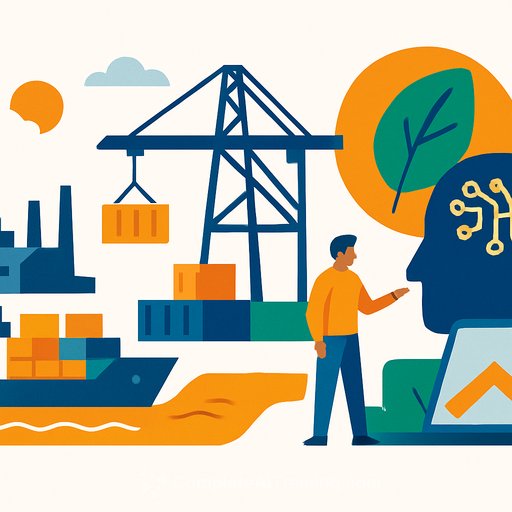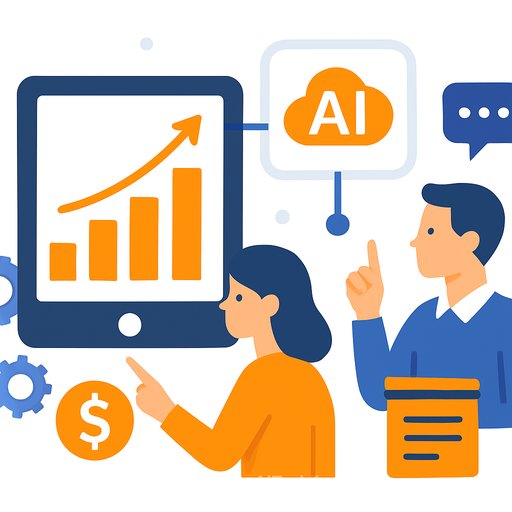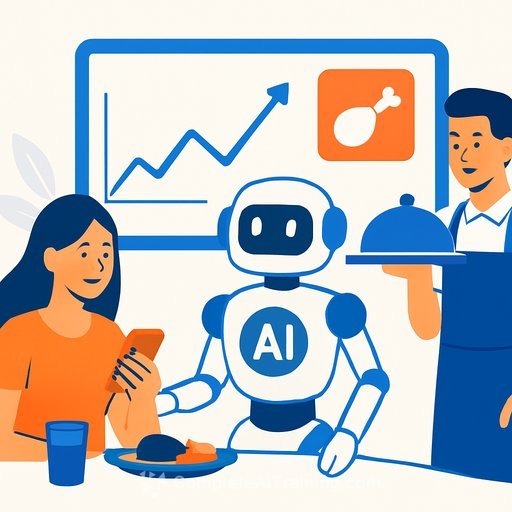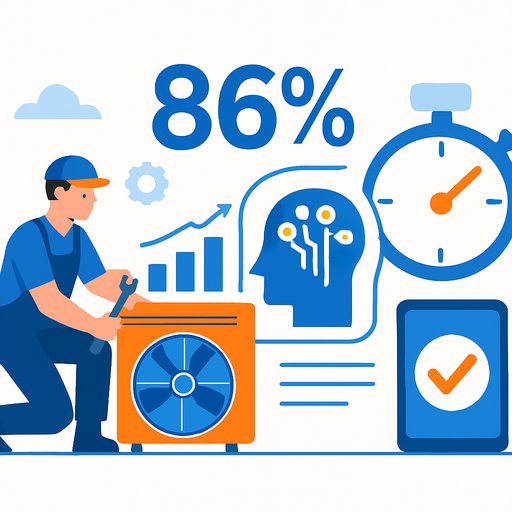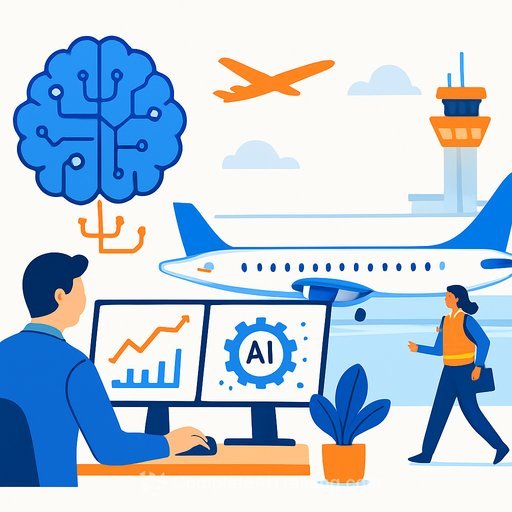Cubo Maritime & Port Marks Three Years of Driving Decarbonisation, AI, and Innovation in Ports
SAO PAULO: Cubo Maritime & Port, the sector hub launched by Cubo Itaú in partnership with Wilson Sons, Port of Açu, and Hidrovias do Brasil, has completed three years accelerating transformation in the maritime and port industries.
The hub connects startups, investors, and established companies, turning ideas into scalable business. A prime example is HidroMares, a marine tech startup covering 40% of Brazil’s coast, whose oceanographic tracking solution is now part of SGS’s global environmental services after being acquired following a meeting at Portos ao Cubo — the hub’s flagship event that draws over 400 industry professionals annually.
Value Generated by the Hub
HidroMares highlights how the hub bridges industry challenges with innovation, attracting investments and driving strategic mergers and acquisitions.
1 | Scaling Decarbonisation
One standout initiative is the first tugboat refuelling in Latin America using Hydrotreated Vegetable Oil (HVO), a biofuel that can cut CO₂ emissions by up to 90% compared to marine diesel. Partnering companies Wilson Sons, Port of Açu, efen, and Vast tested about 30 m³ of HVO to validate its use for the entire tugboat fleet by 2026.
Eduardo Valença, Business Development Director at Wilson Sons, emphasizes HVO’s advantage as a drop-in fuel requiring no engine modifications, making it a practical step toward greener fleet operations across more than 80 vessels.
Vinicius Patel, Director of Port Administration at Port of Açu, notes the port’s strategic location and renewable energy infrastructure position it to support a growing demand for sustainable fuels, including potential future HVO production facilities.
Another innovative project, DAC to SEA, combines direct air capture of CO₂ with technologies converting it into low-carbon fuels for marine and aviation use. This effort, led by Port of Açu and Repsol Sinopec Brasil, aims to create a closed carbon cycle to advance decarbonisation in maritime logistics.
2 | Artificial Intelligence and Automation
Hidrovias do Brasil integrates AI and automation to boost efficiency, safety, and predictability in waterway operations. Their Smart Shipping project, developed with naval engineering company Technomar, uses AI and digital twins to integrate real-time operational data.
This system enhances asset availability and operational reliability by connecting vessel tracking and sensing systems. Funded by Finep (linked to Brazil’s Ministry of Science, Technology, and Innovation), Smart Shipping aims to bring maritime navigation closer to the automation standards seen in aviation.
Mariana Yoshioka, Director of Engineering and Innovation at Hidrovias do Brasil, highlights the project’s role in improving cargo capacity utilization, reducing logistics costs, and strengthening resilience amid climate challenges.
Wilson Sons is also pioneering drone technology at the Port of Salvador. Beginning tests with Speedbird Aero drones for deliveries and collections from vessels, this initiative improves safety, speed, and sustainability in port operations.
3 | Momentum in New Digital Businesses
Within just three years, Cubo Maritime & Port has connected 21 startups focused on logistics, shipping, automation, traceability, and operational efficiency. These startups generated revenues exceeding R$213 million in 2024, demonstrating the ecosystem’s economic and technological impact.
Beyond revenue, the hub supports job creation, attracts foreign investment, and drives digital transformation throughout ports, vessels, and supply chains.
About Cubo Maritime & Port
Launched in 2022, the hub fosters collaboration across companies, investors, and academia. Its focus areas include AI, automation, clean fuels, and ESG initiatives aimed at reshaping maritime and port operations.
About Hidrovias do Brasil
Hidrovias do Brasil (HBSA) is a multimodal logistics company connecting Latin America to global markets. It operates along key corridors in South America, managing cargo transport via rivers and port terminals.
About the Port of Açu
Located in northern Rio de Janeiro, the Port of Açu is a leading deep-water industrial port in Latin America. Managed by Porto do Açu Operações, it hosts 28 companies and focuses on industrialization with low-carbon projects. It is regarded as Brazil’s port of energy transition.
About Wilson Sons
With over 187 years of experience, Wilson Sons serves more than 5,000 clients nationwide. Its services cover shipping, import/export, offshore energy, renewable projects, agribusiness, and other sectors.
Your membership also unlocks:

